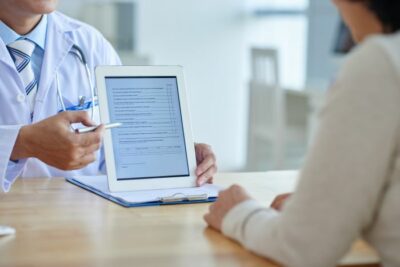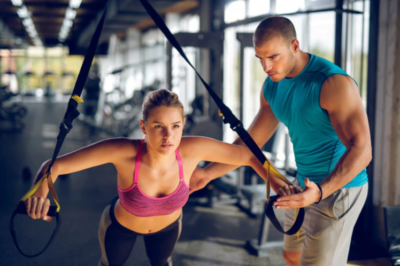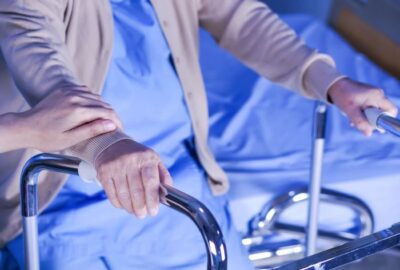In the 21st century, technology and human development as a whole have made significant strides. However, in addition to these successes, we have also faced a number of health issues that call for our attention and preventative action. This article highlights some of the risks and negative effects of modern living, the importance of CPR and First Aid certification, and the function of back posture corrector equipment in preserving spinal health.
Health Concerns in the Twenty-First Century
The 21st century has seen a considerable change in lifestyle, with technological improvements encouraging more sedentary behavior. Obesity, cardiovascular disorders, and musculoskeletal ailments are on the rise as a result of the preponderance of desk occupations, extended screen time, and decreased physical activity. Chronic diseases such as diabetes, hypertension, and several cancers have been associated with sedentary behavior.
In addition, the quickening of urbanization has made people more vulnerable to environmental risks. Respiratory conditions, allergies, and other health issues have been made worse by air pollution, water contamination, and exposure to hazardous chemicals. Public health is severely impacted by the negative effects of climate change, such as extreme weather conditions and the development of infectious illnesses.
Importance of first aid and CPR training online:
In the quick-paced world of today, emergencies can happen anywhere, anytime. Being capable of offering rapid assistance can mean the difference between life and death. First Aid and cardiopulmonary resuscitation (CPR) training are essential for giving people the skills they need to react appropriately in an emergency.
When someone is experiencing cardiac arrest, CPR is a life-saving technique. CPR can assist in preserving blood flow and oxygen supply to essential organs until professional medical help comes by conducting chest compressions and giving rescue breaths. CPR training that is done properly guarantees that people can react swiftly and assuredly in emergency situations, greatly enhancing the victim’s chances of surviving. Get your basic CPR training done here.
Beyond CPR, first aid certification covers a variety of crucial abilities and information required to offer emergency medical care. Injuries must be evaluated and stabilized, bleeding must be controlled, fractures must be immobilized, and basic drugs must be given. People with first aid training are better equipped to react swiftly and correctly to a variety of medical crises, including cardiac events, allergic reactions, and accidents.
People can become significant assets in their communities by becoming certified in CPR and First Aid and being prepared to provide emergency care until access to trained medical personnel is possible. In instances where time is of the essence, these certifications enable people to act and perhaps save lives.
Back Posture Correcting Equipment:
The rise of sedentary lifestyles and prolonged sitting in the twenty-first century has contributed to an increase in back and spinal issues. Back pain, spinal misalignment, and muscular imbalances are all caused by slouching, bad posture, and hunched shoulders. Back posture corrector tools have grown in popularity as a means of resolving these problems and promoting and preserving spinal health.
Tools for improving back posture are made to support the spine and encourage optimal alignment. They function by gently repositioning the shoulders, expanding the chest, and lining up the neck and back. These tools serve as a reminder to keep good posture throughout the day and help combat its detrimental consequences.
In addition to easing back pain and suffering, using a back posture corrector helps to improve overall posture, which promotes improved spine health and lowers the risk of musculoskeletal problems. It promotes healthy muscular engagement and supports the spine’s natural curve, minimizing strain and fostering good posture.
The unique health challenges of the twenty-first century demand our attention and preventive measures. Lifestyles that are sedentary, environmental risks, and increased urbanization all lead to a variety of health problems, from chronic illnesses to emergencies. The ability to perform CPR and administer first aid are both vital abilities that enable people to save lives in dire circumstances. Additionally, the use of back posture corrector products is essential for maintaining spinal health and avoiding back issues brought on by bad posture. In the 21st century and beyond, we can foster better health and well-being by addressing these issues and implementing preventive actions.





